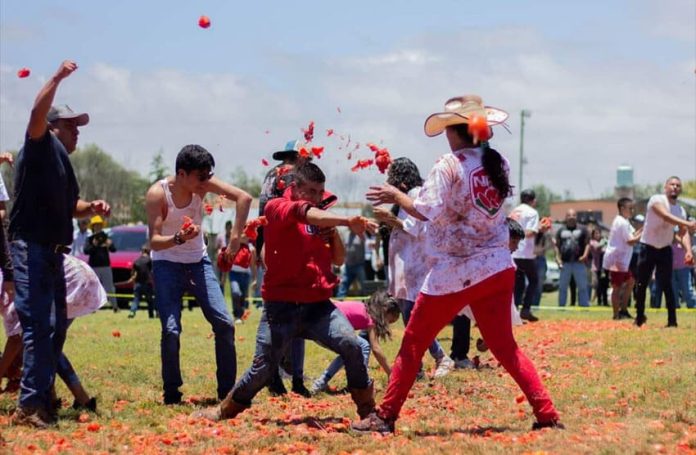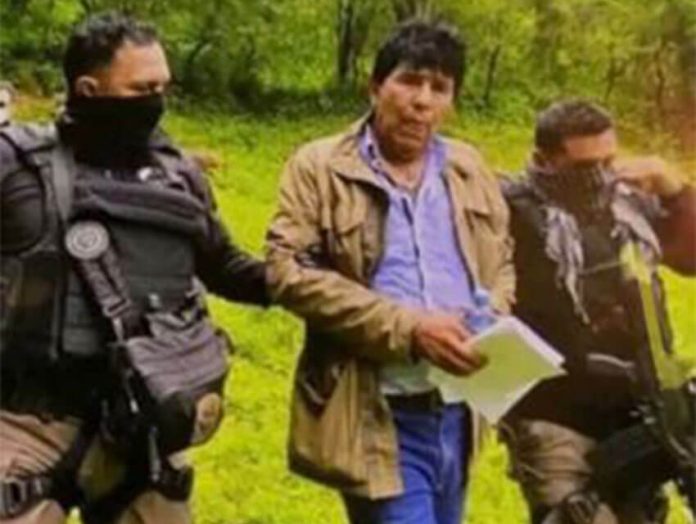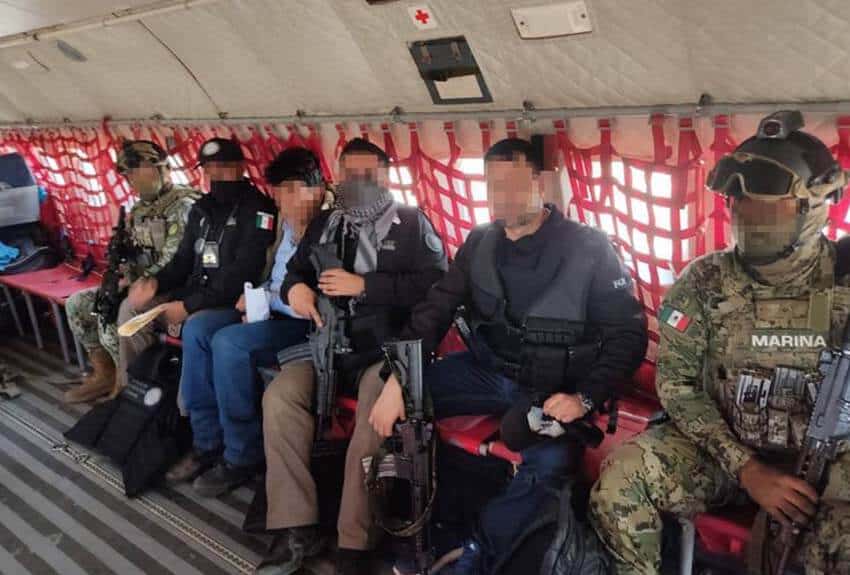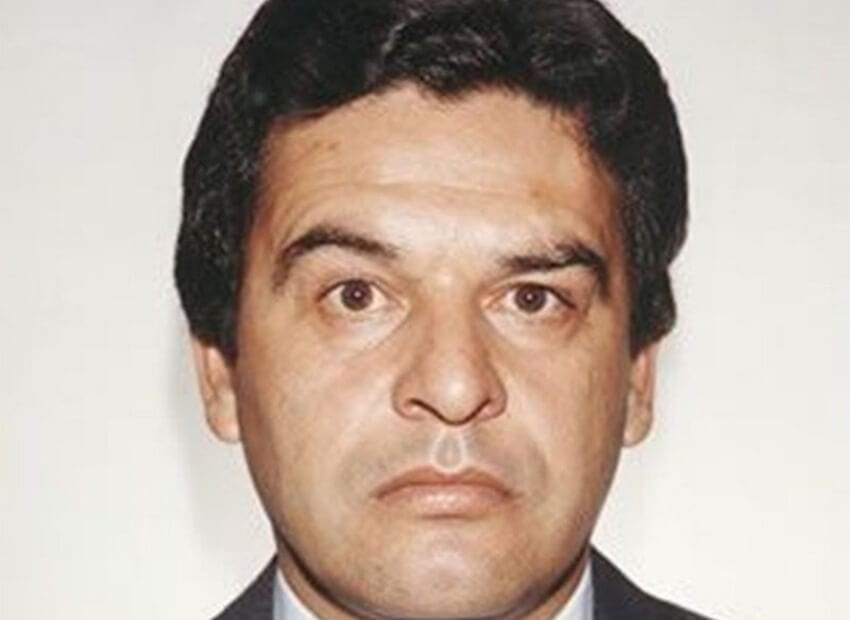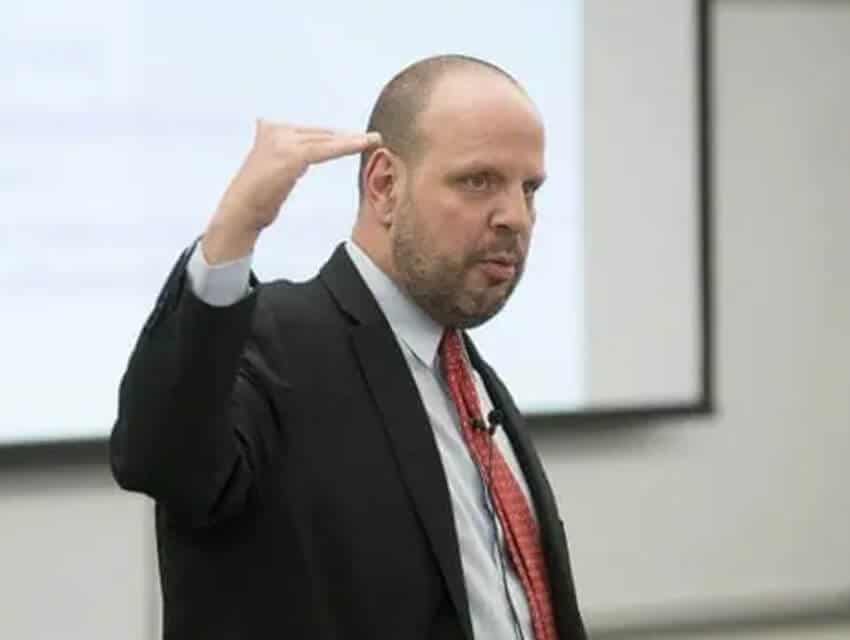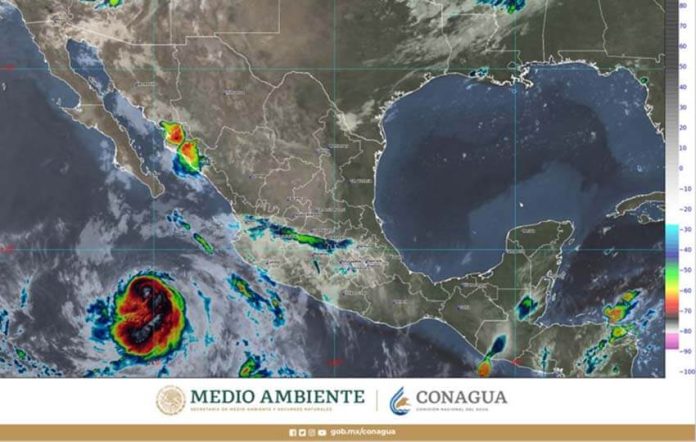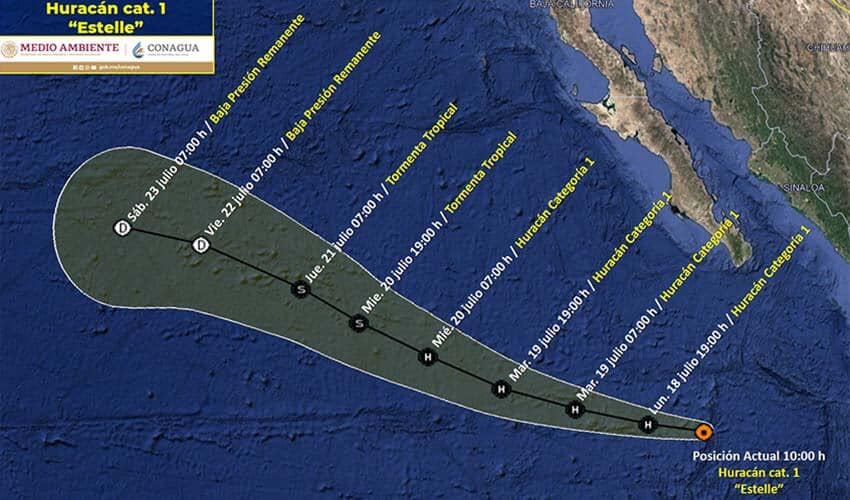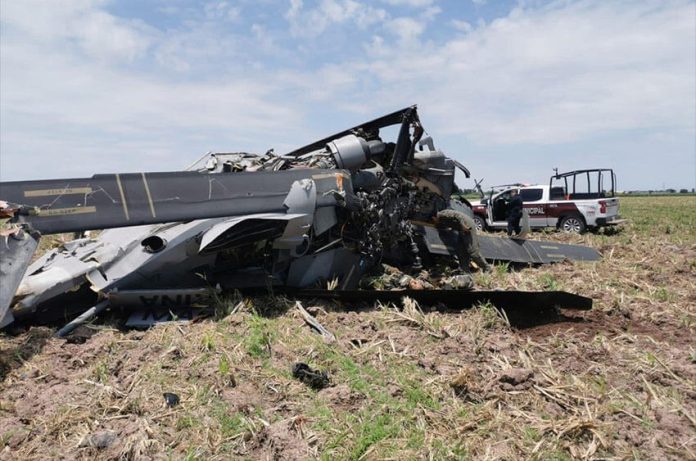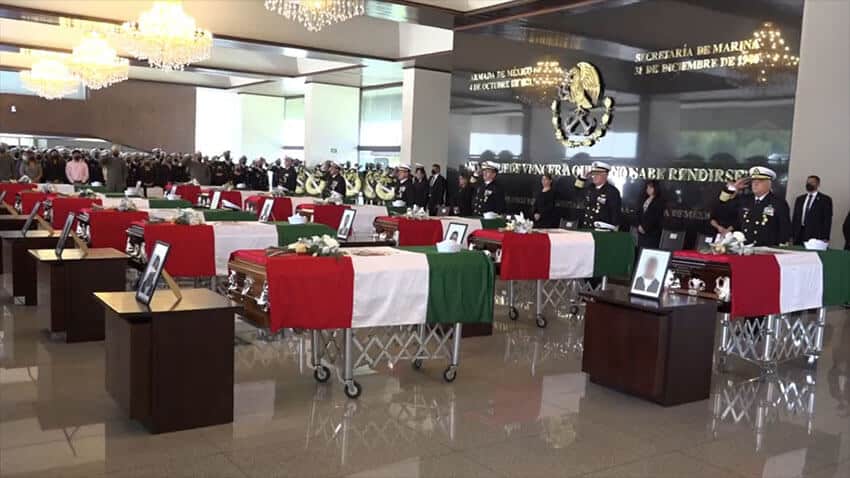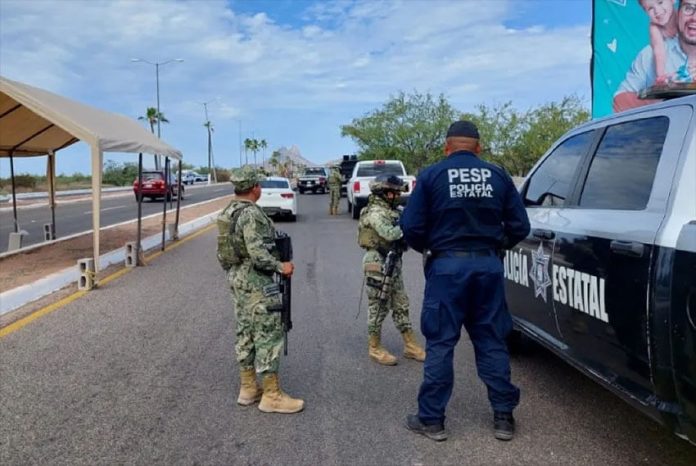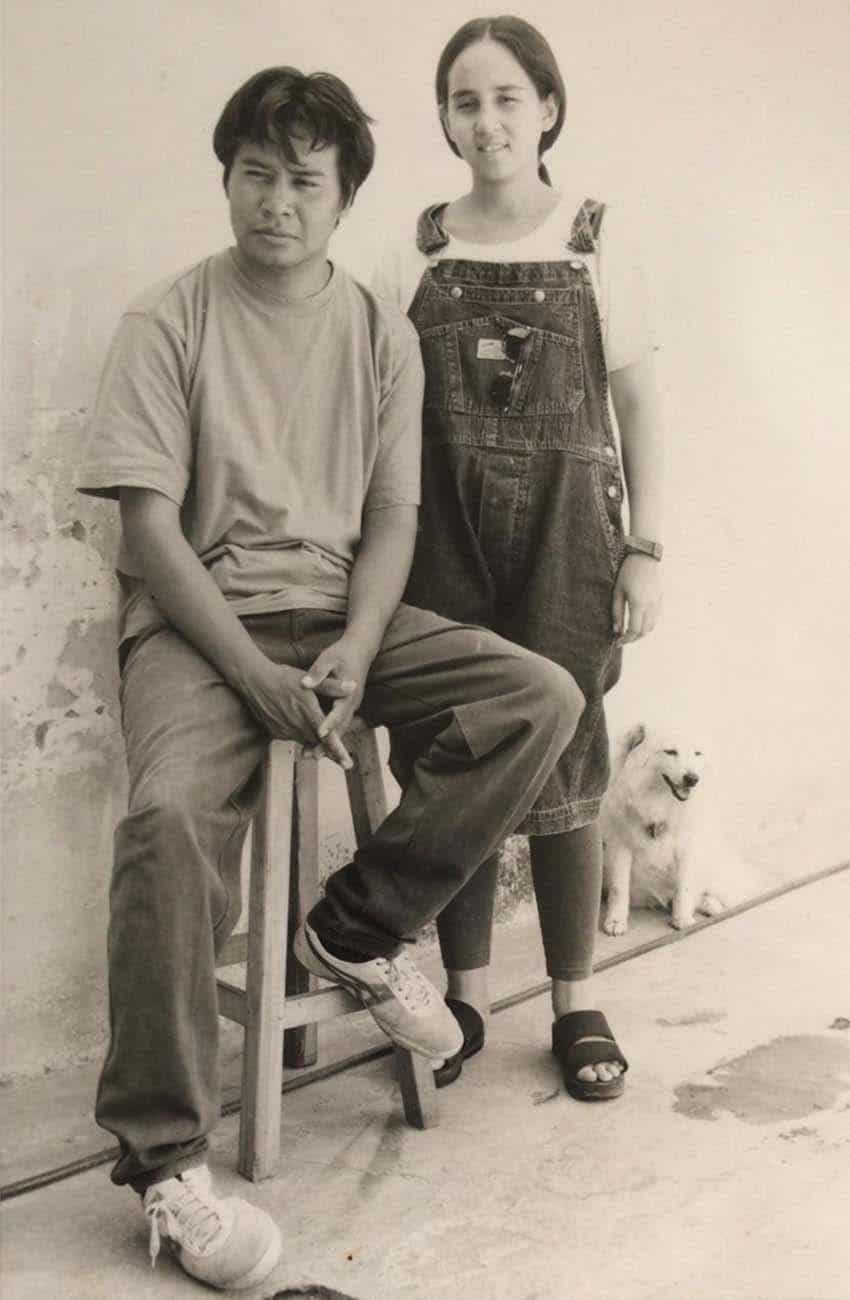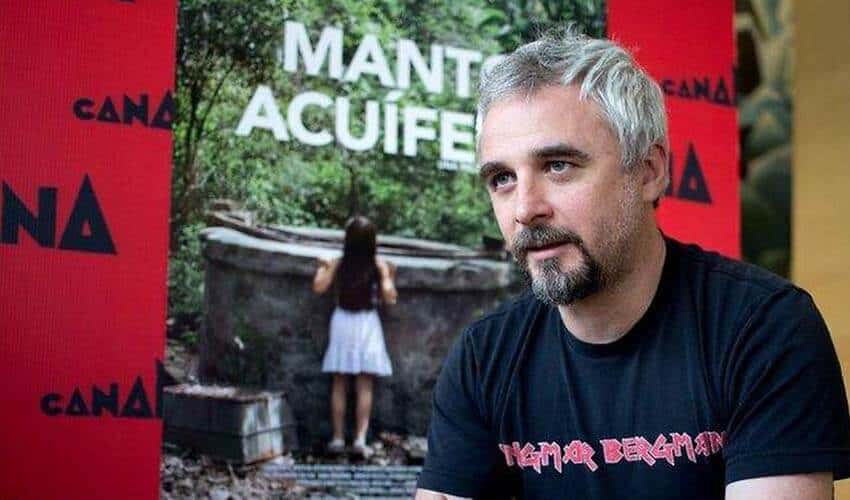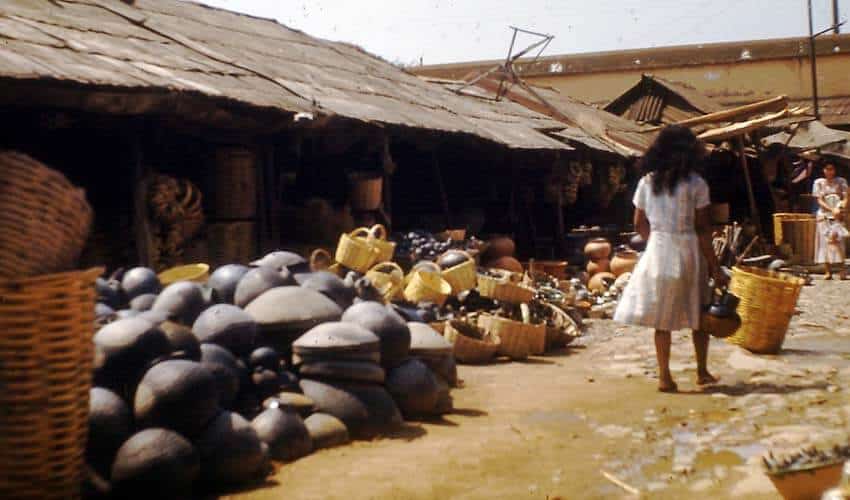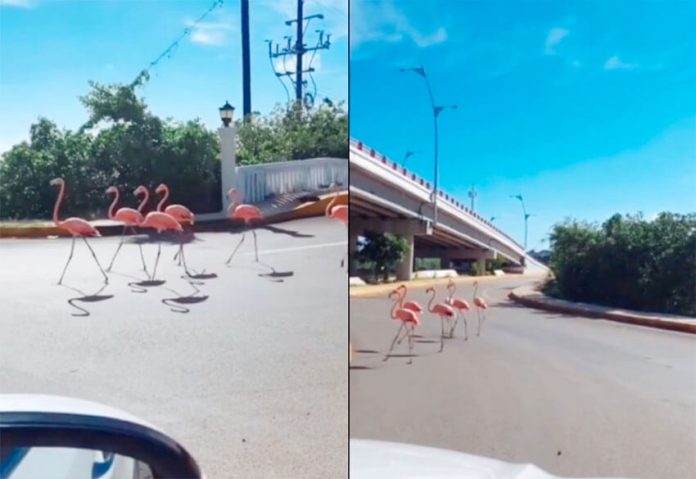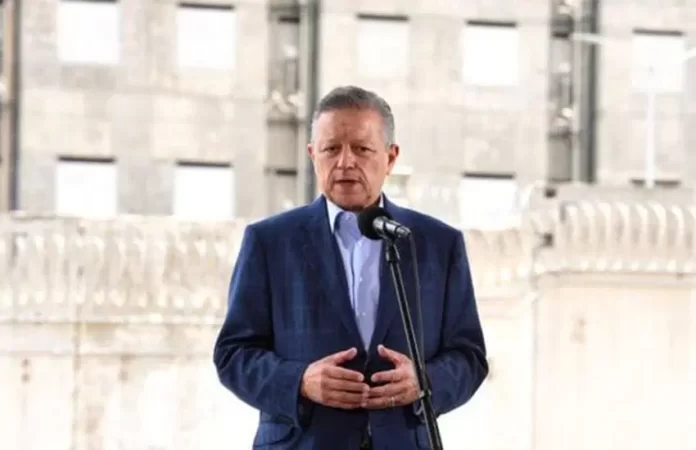The cost of the northern Quintana Roo stretch of the Maya Train railroad will be 92% higher than originally thought, a government document shows.
An environmental impact statement (EIS) shows that the total cost of the Cancún-Tulum section of the 1,500-kilometer railroad will be 59.6 billion pesos (US $2.9 billion), up from an original estimate of just under 31 billion pesos.
The cost could change further as the federal government is currently negotiating the early termination of a contract it awarded for the construction of the Playa del Carmen-Tulum stretch of section 5, according to a Reforma newspaper report.
The army will build the Cancún-Playa del Carmen stretch of section 5 (Tramo 5 Norte) while a consortium made up of Grupo México and Spanish firm Acciona won a contract to build the Playa del Carmen-Tulum stretch (Tramo 5 Sur). The latter project is currently stalled due to a court order while the former hasn’t yet started and isn’t expected to be finished until July 2024 – the year after the railroad’s touted opening date.

Published last Friday, the Tramo 5 Norte EIS said the cost of the Cancún-Playa del Carmen section was 28.1 billion pesos (US $1.37 billion). The process to find a builder was canceled in March 2021 when President López Obrador decided that the army would undertake the project, but the average bid from 10 consortiums was just under 13.09 billion pesos, Reforma said. The projected cost – driven up by a route change and inflation – is 114% higher than that average.
In February 2021, Grupo México and Acciona won a 17.81-billion-peso contract to build Tramo 5 Sur, but construction of the 67.6-kilometer stretch is now slated to cost 31.5 billion pesos (US $1.54 billion), a 77% hike. The modification of the route is a major factor in the higher projected cost.
The government in January decided to move section 5 inland after the Playa del Carmen business community complained about the construction of the railroad through the center of that city. As a result, over 800 hectares of vegetation, including swathes of the Mayan jungle, have to be cleared. Some forested land has already been cleared, triggering protests by environmentalists, who highlighted that the work was done before environmental approval was granted.
The Grupo México/Acciona consortium felled thousands of trees in addition to carrying out studies and completing some preliminary construction work for Tramo 5 Sur, but the companies’ involvement in the project appears to be coming to an end.
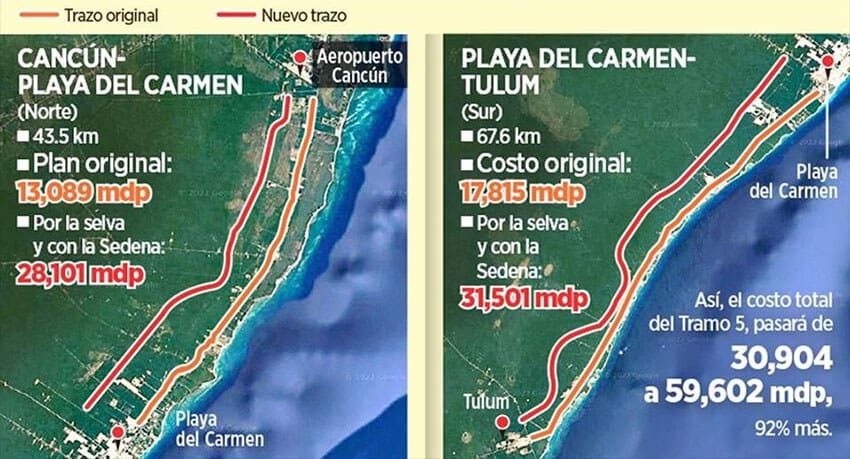
The federal government is negotiating the early termination of the consortium’s contract, Reforma reported, citing sources close to the process.
The cost of terminating the contract early is expected to be some 5.3 billion pesos, or about 30% of its original value, the newspaper said. An agreement between the two parties would pave the way for the army to take over Tramo 5 Sur, which the federal Environment Ministry last month deemed “environmentally feasible.”
The army would thus be responsible for the construction of three full sections of the train as it is also building the Tulum-Chetumal and Bacalar-Escárcega stretches. The federal government has relied heavily on the military for a range of non-traditional tasks, including the construction of the Felipe Ángeles International Airport and state-owned “well-being” banks.
According to Reforma, more than 60 contracts have been awarded for work on the railroad, which will link cities and towns in Tabasco, Campeche, Yucatán, Quintana Roo and Chiapas. The value of those contracts is approximately 212 billion pesos (US $10.4 billion), or 31.6% higher than the original estimate. More contracts are still to be issued or publicly disclosed, meaning that the total cost of the project will be even higher.
President López Obrador has pledged that the railroad — on which tourist, commuter and freight trains will run — will begin operations in 2023, but two people working on the ambitious project claimed last month that it won’t be finished while the current federal government is in office, if at all.
With reports from Reforma

